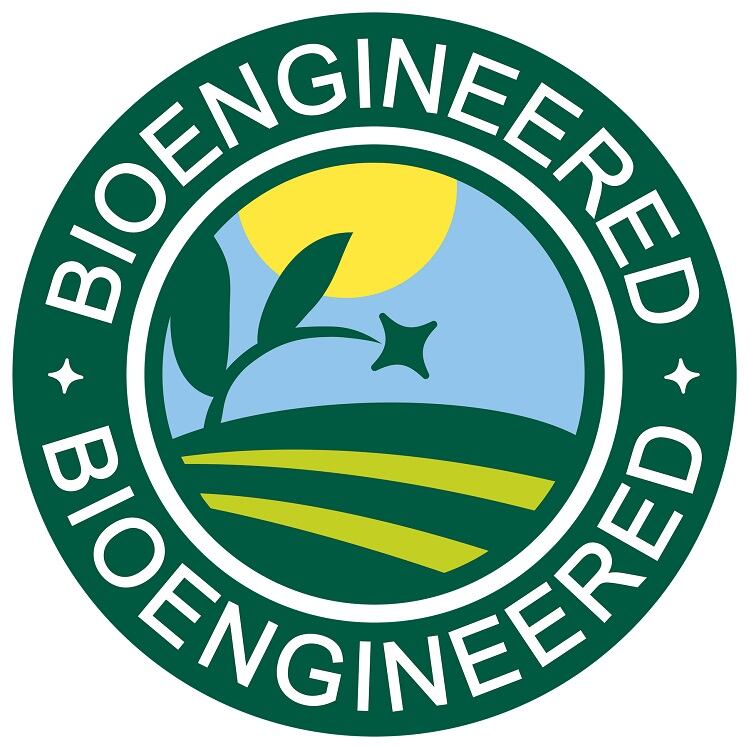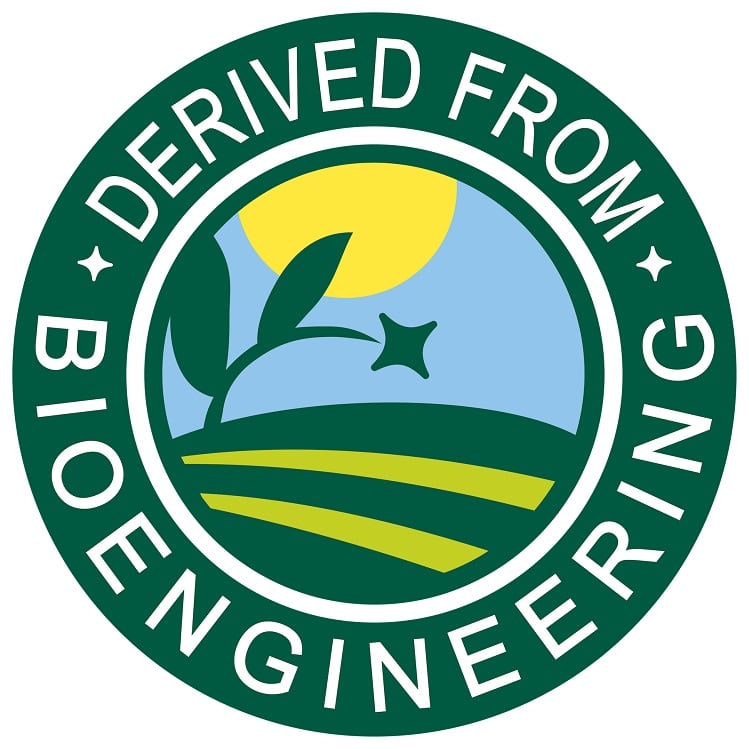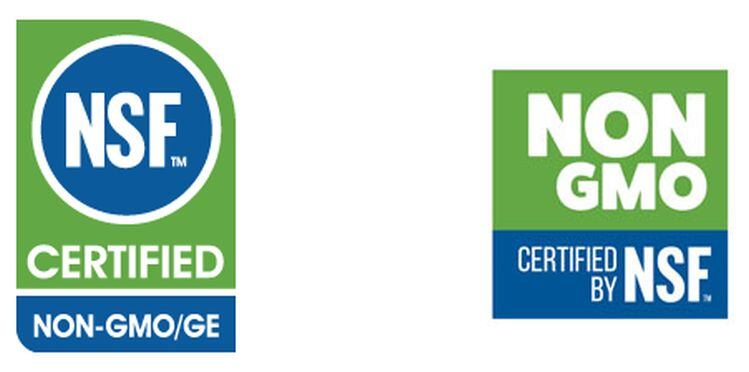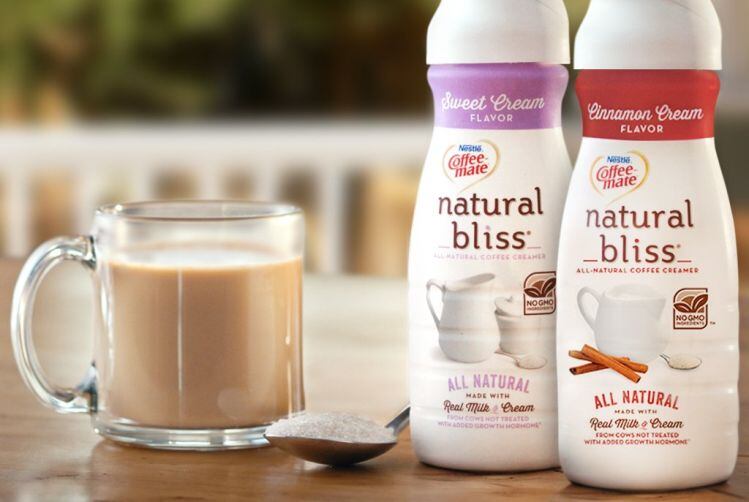Established in 2016 as the ‘True North’ protocol, NSF's certification program was created to verify non-GMO claims on food and beverage, dietary supplement, cosmetic, personal care and household cleaning products.
Henceforth, it will be known as NSF’s Non-GMO certification program.
Aside from the new logo, the program has been revised to:
- Align with the language and terms used in the USDA’s National Bioengineered Food Disclosure Standard (effective January 1, 2020 for larger firms, January 1, 2021 for smaller firms, and mandatory by January 1, 2022).
- Streamline the certification process by recognizing USDA organic certification as evidence of meeting NSF’s non-GMO certification requirements.
- Clarify that ingredients derived from GM microorganisms do not meet the ‘Non GMO’ criteria.
- Simplify the certification requirements for clarity, understanding and ease of use.
FNU: Do food companies and ingredients suppliers understand USDA’s new GMO labeling rules? Is compliance going to be challenging for the industry?
SK: Most of the manufacturers and brands we talk to are waiting for additional, further guidance and clarification from USDA on the new bioengineered food requirements. The biggest questions, for everyone, revolve around what will be the validated refining processes (see box below) that will be acceptable. We recommend that companies contact USDA directly with questions and monitor USDA’s Bioengineered FAQs HERE.
FNU: NSF also works as one of the technical administrators for the Non GMO Project. What are the key differences between the NSF non-GMO certification criteria and the Non GMO Project criteria?
SK: NSF’s non-GMO certification streamlines the certification process for brands and manufacturers by recognizing USDA organic certification as evidence of meeting NSF’s non-GMO certification requirements. This includes the USDA’s ‘Made with Organic’ category and equivalent organic certifications from other regions such as the EU, Canada, Japan and Korea. This is a major distinction between NSF’s non-GMO certification program and the Non-GMO Project.
FNU: The new federal law says highly refined ingredients from GM crops do not need to be labeled as bioengineered if modified genetic material is not detectible. So would NSF certify as ‘Non-GMO’ highly refined products such as soybean oil or high fructose corn syrup from GM crops provided there is no detectable modified DNA in the products?
SK: No NSF would not certify as ‘Non-GMO’ highly refined products derived from GM soy or corn. Finished products can contain no more than 0.9% GM derived ingredient content. Additionally, GM DNA must be non-detectable in the finished product.
FNU: You say ingredients derived from GM microorganisms don’t meet the standard. Does this mean you would not certify ingredients such as milk proteins from Perfect Day that are made using a genetically engineered microbe, even if the GM microbe is not present in the final product?
SK: To comply with NSF’s non-GMO certification program, ingredients made by fermentation that are present at more than 0.9% of the formulation must be produced from a non-GM microorganism.
FNU: What about ingredients or products that are manufactured with enzymes that are derived from GM microorganisms, where the enzymes serve as catalysts or processing aids and are not serving any functional purpose in the final product?
SK: Enzymes are exempt per Section 6.1, except when they are a claimed ingredient in a dietary supplement, personal care, or cleaning product.
- Read more about the NSF Non GMO certification HERE.
- Read more about the National Bioengineered Food Disclosure Standard HERE.
- Read more about the latest version (published July 26, 2019) of the Non-GMO Project standard HERE.

The National Bioengineered Food Disclosure Standard defines bioengineered foods as those that contain detectable genetic material that has been modified through in vitro recombinant deoxyribonucleic acid (rDNA) techniques and "for which the modification could not otherwise be obtained through conventional breeding or found in nature."
The standard identifies three ways firms can determine that modified genetic material is not detectable:
- By using records to verify a food is sourced from a non-bioengineered crop.
- By using records to verify a food has been subjected to a refinement process that has been validated to render modified genetic material undetectable.
- By maintaining certificates of analysis or other testing records that confirm the absence of detectable modified genetic material.
There are four disclosure options:
- On-pack text: Bioengineered food or Contains a bioengineered food ingredient
- USDA approved symbol: (see right)
- Electronic or digital link to Scan here for more food information or Call xxxx for more food information
- Text message disclosure must include the statement: Text [command word] to [number] for bioengineered food information.

Voluntary disclosures: Foods that do not meet the definition of bioengineered but are derived from bioengineered food (eg. a highly refined starch, sweetener, oil from GM corn, soy) may be disclosed voluntarily using the 'derived from bioengineering' symbol.
USDA's bioengineered list - which tells firms which foods they must keep records for and which may require bioengineered disclosures - includes: Alfalfa, Arctic apples, canola, corn, cotton, BARI Bt Begun eggplant varieties, ringspot virus-resistant varieties of papaya, pink fleshed pineapple varieties, potato, AquAdvantage salmon, soybeans, summer squash and sugarbeet.
Still have questions about the new standard? Email befooddisclosure@ams.usda.gov



